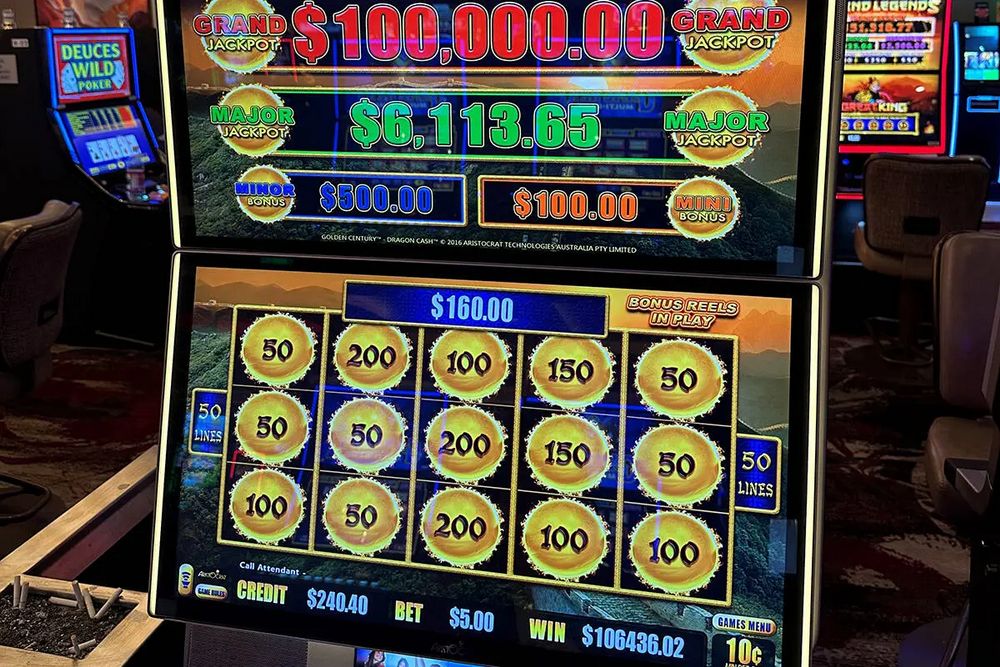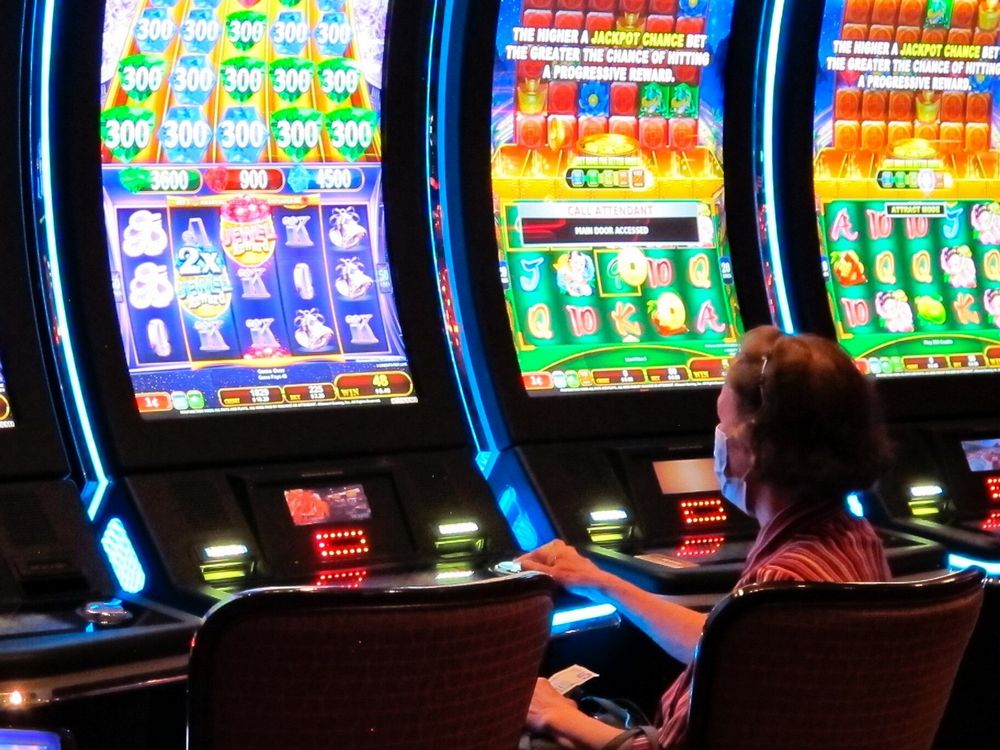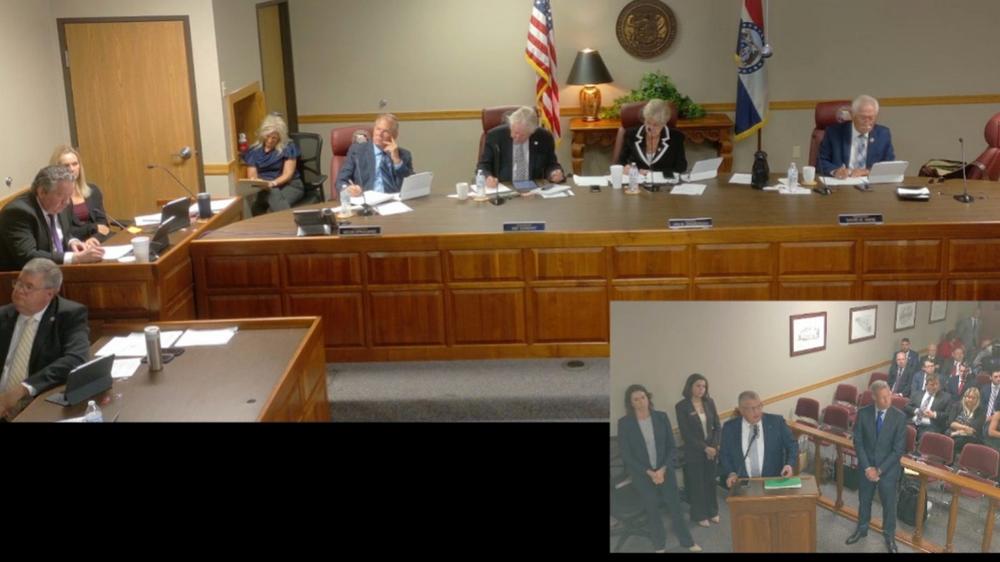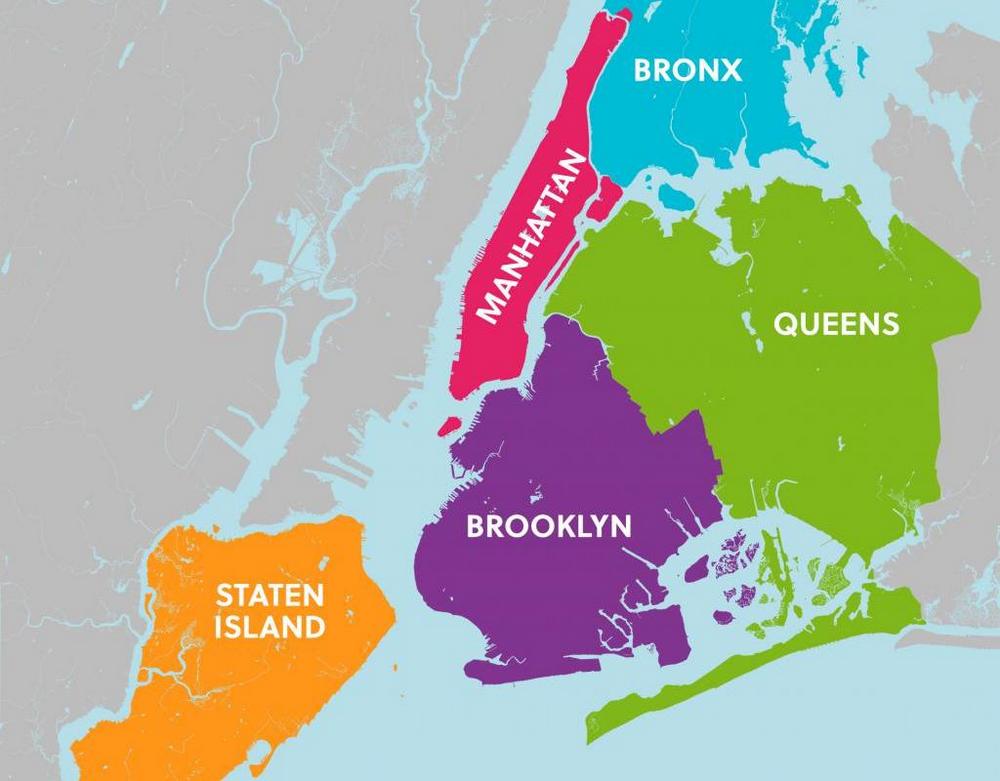A new bipartisan bill introduced in the U.S. House of Representatives on June 4, 2025, could reshape the tribal gaming landscape in Texas by finally bringing local tribes under the full protection and regulation of the Indian Gaming Regulatory Act (IGRA).
Backed by Congressman Morgan Luttrell (R-TX) and Congresswoman Veronica Escobar (D-TX), the Tribal Gaming Regulatory Compliance Act seeks to clarify the legal status of the Ysleta del Sur Pueblo and the Alabama-Coushatta Tribe of Texas—two tribes historically caught in a unique legal limbo due to the 1987 Texas Restoration Act.

While a landmark 2022 Supreme Court decision (Ysleta del Sur Pueblo v. Texas) confirmed that Texas could not ban gaming not explicitly prohibited under state law, it did not resolve the tribes’ ambiguous relationship with IGRA. This new bill aims to codify that Texas tribes, like their counterparts in other states, are fully entitled to operate and regulate gaming under IGRA’s federal structure.
Tribal casinos double down on stadium investments and sports betting
IGRA, enacted in 1988, provides a comprehensive regulatory framework for tribal gaming nationwide, including oversight by the National Indian Gaming Commission (NIGC) and the requirement of tribal-state compacts for Class III gaming. Bringing Texas tribes into the fold would not only standardize compliance and licensing procedures, but also expand economic opportunities and self-determination.
Tribal Influence in the Casino Industry Grows Amid Legislative Advancements

According to Luttrell, the bill is about "respecting tribal sovereignty and ensuring fairness," while Escobar emphasized its potential to "level the playing field and strengthen tribal economies."
The legislation will now head to the House Natural Resources Committee for review. If passed, it could allow Texas tribes to operate casinos with the same regulatory protections and opportunities as hundreds of others across the country—marking the end of a decades-long regulatory gray area.
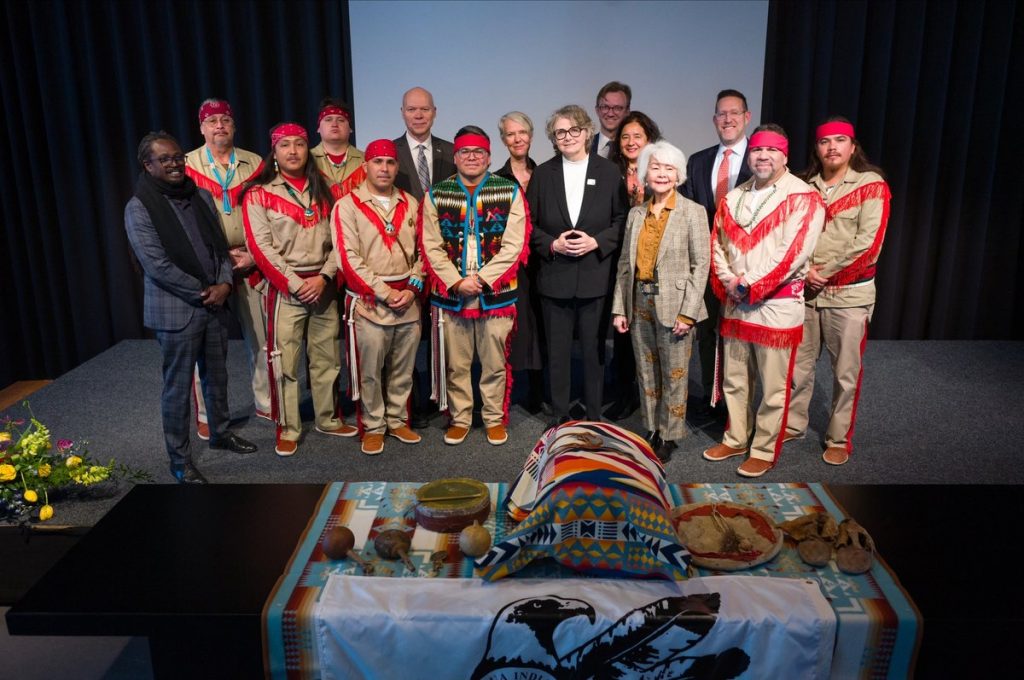
For the Ysleta del Sur Pueblo and the Alabama-Coushatta Tribe, the bill represents more than legal recognition—it’s a long-overdue step toward economic inclusion in America’s multibillion-dollar tribal gaming industry.










